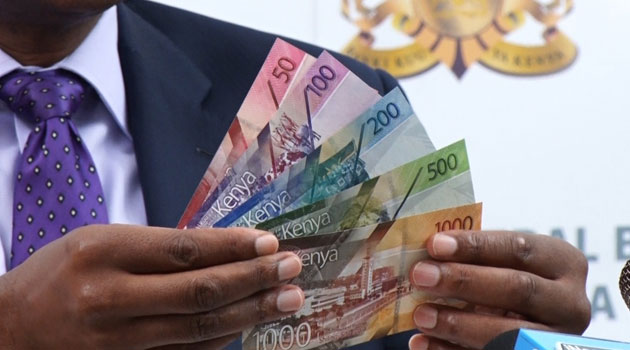
, NAIROBI, Kenya, Sept 24 – Central Bank of Kenya has raised concern on huge transactions by wheat farmers and traders in Narok County ahead of the September 30th deadline to exchange old Sh1,000 notes.
CBK Governor Patrick Njoroge says the bank regulator is worried on how the traders are still using the 1000 notes six days to deadline.
“Currently we have a problem with Narok now they are harvesting their wheat and so we have seen an influx of purchasers who are purchasing wheat and they are quit a concern to us,” said CBK monk.
Additionally, 24 transactions of the total amount collected were above Sh2 million with an average of Sh3.1 million per transaction.
58 per cent of currency exchanged in value terms was less than Sh500,000, while 75 per cent of currency was less than Sh1 million.
“Kenyans are yet to return all old 1000 notes with the neighboring countries like Uganda and Tanzania who have already finished conversions and they are just waiting for the deadline,” Njoroge added.
“Business people are at liberty to conduct their business with the old currency if no one will be left with them on the last day.”
Kenyans should however not be afraid of being penalized for holding the old notes after the deadlines, although the money will be invaluable.
At the same time, CBK maintains that Kenya’s economy will grow to 5.8 percent and will close at 6 percent by end of 2019.
The growth is attributed to stable microeconomic conditions especially on political stability.
Private sector credit rose to 6.3 percent in the latest review as compared to 6.1 percent in July.
This was attributed to ongoing reforms in the banking sector to tighten Credit Information sharing mechanism and promote transparency in pricing.
However, CBK has warned on external factors such as trade wars between US and China, uncertainty on response to things happening in the global market, expected consolidation on Kenya’s fiscal market among others.
The CBK governor was speaking during the post Monetary Policy committee meeting.